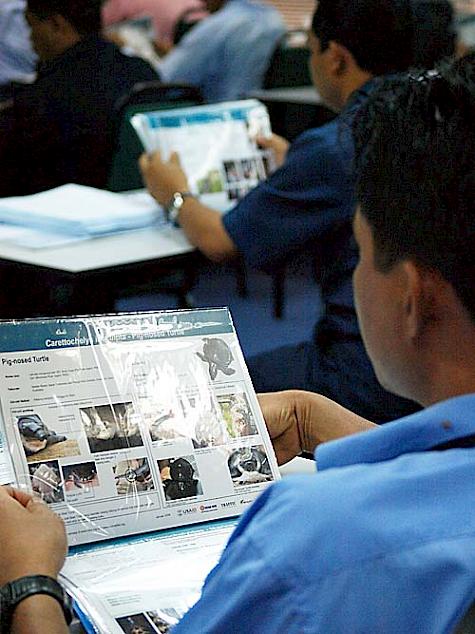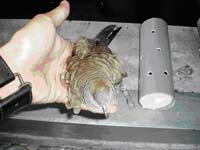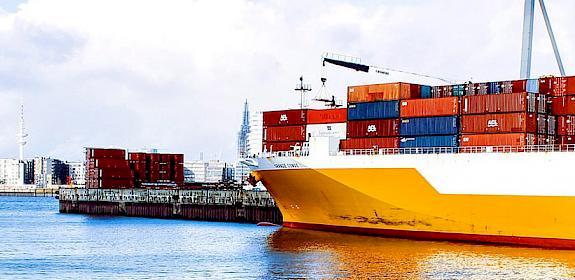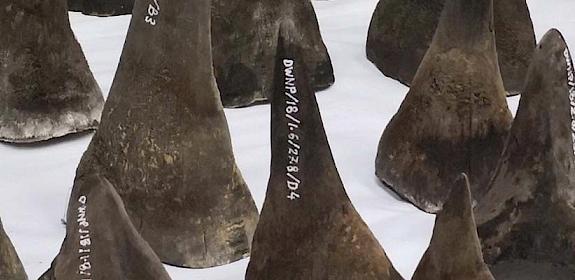Wildlife Trade Regulation Course has early success
Kuala Lumpur, Malaysia, 14th August 2009—Frontline staff at two of the country’s busiest airports underwent an intensive training course last week to enhance their ability to identify and intercept wildlife traffickers who use the two facilities.

About 70 people including security, cargo and airline staff stationed at the KL International Airport and Low Cost Carrier Terminal took part in the course organised by the ASEAN Wildlife Enforcement Network (ASEAN-WEN).
The Wildlife Trade Regulation Course, held with the support of the United States Agency for International Development (USAID) and Malaysia Airports, is part of a multi-faceted effort aimed at thwarting wildlife traffickers in the ASEAN region.
It recognizes that a considerable quantity of illegal wildlife is carried in personal baggage or shipped as airfreight and aims to create a critical mass of informed employees and enforcement officers at airports to effectively shut out wildlife trafficking.
At the opening ceremony, ASEAN-WEN Program Coordination Unit Senior Officer Dr Chumphon Sukkasaem told participants:
“Already, the illegal wildlife trade has led to destruction on a massive scale, threatening irrevocable damage to Southeast Asia’s ecosystems.
“One of the major reasons behind this dangerous decline is the incentive of obtaining exotic pets, luxury goods and clothes made from protected species. It is a multi-million dollar illegal trade that slips across borders throughout Southeast Asia by land, sea and air”.
“Airports in this region have, unfortunately, become a major point of wildlife trafficking, especially high value products of illegal wildlife trade such as Elephant ivory, Rhinoceros horns, Indian Star Tortoise and Slow Loris, which are mainly smuggled through international airports on a daily basis. “
He told them that the work of frontline personnel at airports was vital if ASEAN countries were to win the fight against illegal wildlife traders.
The course introduces participants to the illegal wildlife trade and its devastating impacts on wild plants and animals.
Speakers from the Ministry of Natural Resources and Environment, Department of Wildlife and National Parks and Royal Malaysia Customs teach them about the tools they can use against traffickers including national laws and the Convention on International Trade In Endangered Species of Fauna and Flora (CITES).
Trainers from the ASEAN-WEN support programme and TRAFFIC also taught participants about the latest smuggling methods traffickers use and how these can be detected.
And already, the training has produced results.

Today, Air Asia staff at the Low Cost Carrier Terminal who had participated in the course stopped a passenger bound for Bali and confiscated five Zebra Doves Geopelia striata.
The doves were packed into plastic pipes and hidden in the side pocket of the passenger's backpack and one of the five was found dead.
The birds are popular among collectors because of its song and are commonly smuggled.
TRAFFIC also ran special sessions on wild animals that are most commonly traded in the region and provides participants with guides on how to identify them.
This course has been presented by ASEAN-WEN to over 1,100 participants throughout the region to date. TRAFFIC and partner organization FREELAND Foundation, provide technical assistance for the implementation of programmes under the ASEAN-WEN banner.



